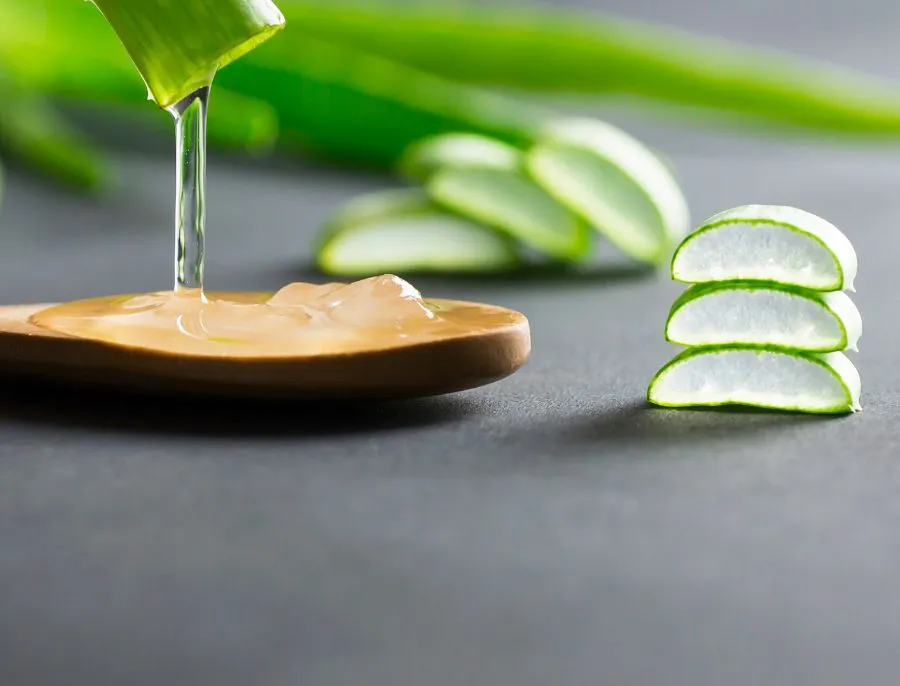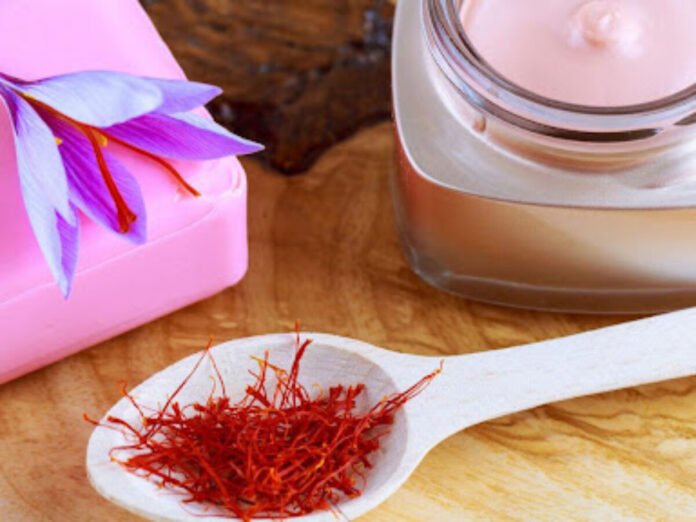In the quest for radiant and flawless skin, do-it-yourself (DIY) skincare remedies often find their way into beauty routines. One such concoction gaining popularity is the DIY saffron night cream with aloe vera, believed to have the potential to reduce dark spots. Let’s delve into the efficacy of this homemade remedy while keeping in mind the importance of professional advice.
Understanding the DIY Saffron Night Cream:
Saffron, known for its antioxidant properties, is a common ingredient in skincare due to its potential to brighten and even out skin tone. Aloe vera, on the other hand, is celebrated for its soothing and moisturizing effects. When combined, these ingredients form a DIY saffron night cream that enthusiasts claim can diminish dark spots and promote a more even complexion.
The Science Behind Saffron and Aloe Vera:
Saffron contains compounds like crocin and crocetin, which exhibit antioxidant and anti-inflammatory properties. These properties may contribute to reducing hyperpigmentation and promoting a brighter skin tone. Aloe vera, rich in vitamins and minerals, aids in soothing the skin and enhancing its overall health.
DIY Saffron Night Cream Recipe

While variations exist, a common recipe involves soaking a few strands of saffron in a tablespoon of warm milk until it forms a yellowish hue. This saffron-infused milk is then mixed with aloe vera gel to create a night cream. Advocates recommend applying this mixture on the face before bedtime.
Effectiveness and Caveats:
While anecdotal evidence suggests positive outcomes for some individuals, it’s essential to approach DIY skincare with caution. Dr. Rinky Kapoor, a consultant dermatologist at The Esthetic Clinics, emphasizes the importance of personalized advice. Specific skin concerns or conditions may require targeted solutions, and a dermatologist can provide tailored recommendations.
Professional Guidance:
Consulting with a dermatologist ensures that skincare practices align with individual skin types and concerns. Dr. Rinky Kapoor highlights the significance of seeking professional advice, particularly for those with sensitive skin, allergies, or existing skin conditions. Professional guidance helps navigate the vast and sometimes conflicting world of skincare, ensuring choices are safe and effective.

Potential Benefits of Saffron and Aloe Vera:
Saffron’s potential to inhibit melanin production, the pigment responsible for dark spots, coupled with aloe vera’s hydrating and soothing properties, could contribute to the perceived benefits of the DIY saffron night cream. Enthusiasts claim that regular application may lead to a more even skin tone and reduced visibility of dark spots over time.
Considerations for DIY Skincare Enthusiasts:
For those intrigued by DIY skincare, it’s important to acknowledge individual skin sensitivities and potential reactions to ingredients. Patch testing is a recommended practice before applying any homemade concoctions to the face. Additionally, recognizing that skincare outcomes can vary widely among individuals is crucial to managing expectations.
The Role of Professional Assessment:
While DIY remedies can be enjoyable and cost-effective, they may not be universally suitable for all skin types. A dermatologist’s expertise is invaluable in assessing specific skin concerns and providing tailored advice. Dr. Rinky Kapoor underscores the importance of professional consultation, particularly for individuals with persistent skin issues or those seeking targeted solutions for dark spots.
Holistic Approach to Skincare:
Optimal skincare involves a holistic approach that includes not only topical treatments but also factors like diet, lifestyle, and sun protection. Dr. Kapoor emphasizes that a combination of professional guidance and a well-rounded skincare routine is crucial for achieving and maintaining healthy skin.

